Category: History
-
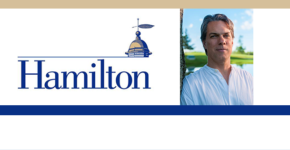
Brent Plate, Hamilton College – The Erie Canal and the Birth of American Religion
Did the Erie Canal start a religious movement? S. Brent Plate, visiting associate professor of religious studies at Hamilton College, looks into this question. Brent Rodriguez-Plate’s teaching and research explores how human sense perceptions affect ways of being religious, and how the operations of religious traditions impact our sensual encounters. Investigating the material cultures of…
-
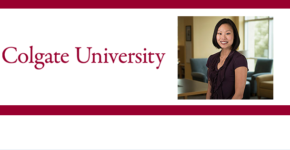
Jennifer LeMesurier, Colgate University – Knitting as Protest
Can knitting be used as an act of defiance? Jennifer LeMesurier, professor of writing and rhetoric at Colgate University, describes how hands in motion can help make a commotion. Jennifer Lin LeMesurier, an Assistant Professor of Writing and Rhetoric at Colgate University, received her PhD in English with a specialization in Language and Rhetoric from…
-
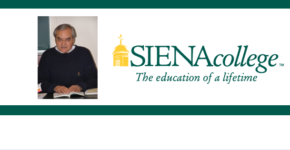
Raymond Boisvert, Siena College – 200th Publication Anniversary of Frankenstein
Everyone knows the Frankenstein legend, right? Raymond Boisvert, professor of philosophy at Siena College, takes a deeper look. Educated in Rhode Island, Switzerland, the University of Toronto and Emory University in Atlanta, Raymond Boisvert made his academic reputation with two books on the American philosopher John Dewey. Hired at Siena in 1984, he has taught…
-
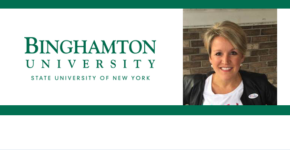
Leigh Ann Wheeler, Binghamton University – ERA during the #MeToo Movement Era
Can the MeToo era usher in equal rights for women in America? Leigh Ann Wheeler, professor of history at Binghamton University, looks into why an Equal Rights Amendment has not passed already. Binghamton University’s History department combines the best of what I most value professionally — excellent, student-oriented teaching and rigorous, high-quality scholarship. Like my…
-
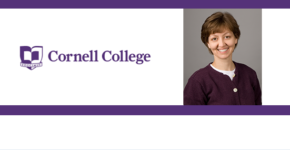
Cindy Strong, Cornell College – Pottery and Chemistry
Can chemistry help us better understand the past? Cindy Strong, professor of chemistry at Cornell College, examines fragments of ancient pottery to reveal different cultures. Cindy Strong earned her Ph.D. in chemistry from the California Institute of Technology (Caltech) and has been at Cornell College since 1989, where she teaches courses in analytical and inorganic chemistry.…
-
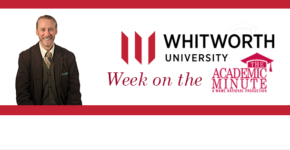
Casey Andrews, Whitworth University – Peace Literature
Artists of the future can look to the past to explore how to speak out against war. Casey Andrews, associate professor of English at Whitworth University, discusses how writers between WWI and WWII tried to bring peace through their art. Charles Andrews is an associate professor of English at Whitworth University where he teaches courses…
-
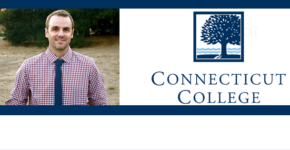
Dustin Wright, Connecticut College – Sunagawa Struggle
US military bases abroad are not always welcomed by the local population. Dustin Wright, visiting assistant professor of history at Connecticut College, examines why some Asian nations are fearful about having the US military on their soil. Dustin Wright is a historian of Japan, The Pacific, Okinawa and East Asia. At Connecticut College, he teaches…
-
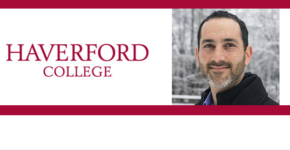
Adam Rosenblatt, Haverford College – Forensic Science, Mass Graves and the Call to Care
Identifying individuals in a mass grave isn’t only a scientific matter. Adam Rosenblatt, visiting professor of peace, justice and human rights at Haverford College, discusses how politics can help or harm the search for the truth. Adam Rosenblatt is the author of Digging for the Disappeared: Forensic Science after Atrocity (Stanford University Press, 2015) and…
-
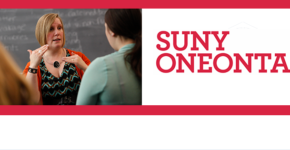
Tracy Betsinger, SUNY Oneonta – Vampire Legends
Vampires are more than just Dracula. Tracy Betsinger, associate professor in the department of anthropology at SUNY Oneonta, looks into a different European vampire legend. Dr. Tracy Betsinger is an Associate Professor SUNY Oneonta department of Anthropology. She completed her B.A. in Anthropology and Indian Studies from University of North Dakota, her B.S. in Biology…
-
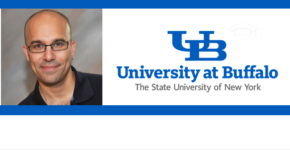
Omer Gokcumen, University at Buffalo – The Ghost Species of Ancient Humans
The origins of humanity are being re-written. Omer Gokcumen, assistant professor of biology at the University at Buffalo, details some new findings and how they alter our knowledge of the past. Omer Gokcumen is an expert in evolutionary anthropology — the study of how humans evolved and how they differ from non-human primates such as…
